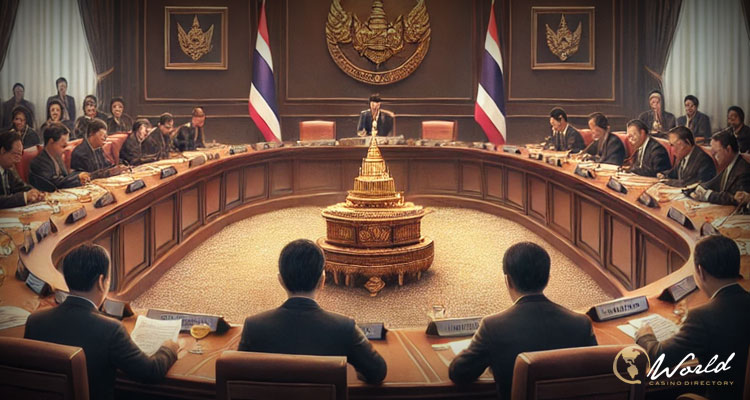Thailand is making significant strides toward legalizing casinos, a move aimed at enhancing the nation’s appeal as a tourism hub and stimulating economic growth through increased foreign investment and tax revenues. In a recent development, the Thai government has released a detailed 22-page draft bill proposing the establishment of casinos within large entertainment complexes that include hotels, convention centers, and amusement parks.
Thailand’s initiative to introduce casinos is positioned to compete with other international markets such as the United Arab Emirates and Japan. The proposal includes a 30-year initial licensing period with the possibility of a 10-year renewal, targeting large-scale integrated entertainment venues, according to The Edge Malaysia citing Bloomberg. This ambitious plan is part of a broader strategy to revitalize and expand Thailand’s tourism sector, which is a significant contributor to the national economy.
Prominent global players like Galaxy Entertainment Group Ltd, MGM Resorts International, and Las Vegas Sands Corp have already expressed interest in entering the Thai market, which is seen as a promising opportunity given the potential for high returns on investment.
Draft Bill Highlights and Public Consultation
The draft bill, made public for feedback until August 18, outlines the regulatory framework and operational guidelines for the forthcoming casino market. Key components of the bill include stringent conditions for potential operators, who must be registered companies in Thailand with a minimum paid-up capital of 10 billion baht (approximately US$283 million).
The proposed regulatory body will be headquartered in Bangkok, according to Inside Asian Gaming, and will operate under the supervision of a Policy Committee chaired by the Prime Minister. This committee is tasked with overseeing the establishment and management of integrated entertainment venues across the country.
The legalization of casinos in Thailand is expected to dramatically increase tourism revenue, with estimates suggesting an annual boost of US$12 billion. This increase will be supported by attracting high-spending tourists to newly developed entertainment complexes that are expected to feature a variety of attractions alongside the casinos.
Locations under consideration for these complexes include major tourist destinations such as Greater Bangkok, Phuket, Chiang Mai, and Chonburi, which is home to the popular beach resort of Pattaya. The strategic placement of these complexes near major airports is intended to maximize accessibility and draw an international clientele.
Next Steps and Future Prospects
Following the public consultation period, the draft bill will undergo further review and potential amendments before being debated in Parliament. If enacted, this legislation will pave the way for Thailand to become a significant player in the global casino market, potentially ahead of Japan, where major projects like MGM Resorts International’s development in Osaka are scheduled for completion around 2030.
The establishment of a regulated casino industry in Thailand represents a transformative shift for the country’s economic and tourism landscapes. It promises to create numerous jobs, foster a range of business opportunities, and generate substantial tax revenues, all of which are crucial for Thailand’s post-pandemic recovery and long-term economic stability.



